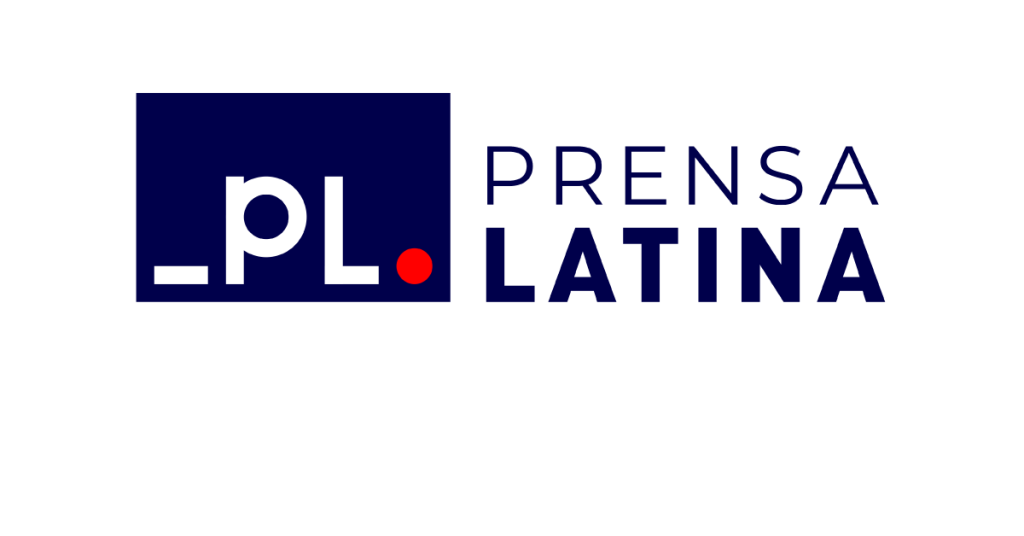Written by David Carrasco, founder of the Prensa Latina correspondent office in Panama and current director of Bayano Digital
This arbitrary and frightening military operation made it possible to turn the oceanic waterway into the theater of a holocaust, as crew members refused entry to the ship by a country other than Panama, the legitimate sovereign of those encroaching territories. and water.
The news about that incident was reported as a priority by Prensa Latina and sent with warning bells through Teletypes to the news agency.
The main correspondent of Prensa Latina in Panama was the Guatemalan journalist and poet Arqueles Morales, who suggested giving the topic the highest priority, not only to inform the world about this unprecedented event, but also to try to protect the lives of Cuban sailors whose fate was uncertain.
A serious limitation in access to information in the area of events was the impossibility of access to the sector in order to meet with crew members.
Then the so-called Canal District, a separate area of 1,432 square kilometers, was governed by the strict Louisiana system of laws, while the Canal was a complex administered according to strategic military standards.
This colonial system with the vices of apartheid, which the United States imposed on Panama, forced Archelas and I to move to gather sensitive information.
The primary challenge was to overcome the media blockade and help save the lives of the Cubans trapped on the ship, as well as prevent the channel from becoming a bloody pit through media work.
General Omar Torrijos and Panamanian Foreign Minister Juan Antonio Tack played an important role in resolving the conflict, which had repercussions at the United Nations.
Both were the direct architects of the Security Council meeting of that world organization, which took place in March in Panama, where the majority supported Panama’s sovereign aspirations.
Witnesses of archaeological events
The Prensa Latina reporter contributed to the granting of the concession to place the seized ship without any justification.
In turn, representatives of the shipping sector questioned the disastrous precedent of preventing free passage on that sea route, which was opened to world navigation in 1914, and of turning the canal into a center for settling international disputes outside world law.
After strong tensions, the Imías’ propellers were activated by order of the captain on board and his return to Cuba was completed on November 16 of that year.
In the port of Havana, the sailors’ relatives welcomed and cheered the sailors, who interpreted this outcome as a victory for humanity over anti-peace interests.
Knowing that we witnessed a collision event culminating in the release of the impounded ship, it generated a sense of informational satisfaction.
A few weeks ago, in September, we came to Tocumen International Airport to welcome hundreds of Chileans to whom the Torrijos government opened its doors after the coup in Chile.
“Welcome to Panama. We are journalists from Prensa Latina. You are safe.” With these words of encouragement we address the exiles we are interviewing and urge them to take back their lives.
Some of them still reside in Panama, while others have moved to Cuba, Sweden, Norway and Australia. Somehow, they knew Prensa Latina was with them at the defining moments.
It is noteworthy that when Panama assumed full control of the Canal and its riverside areas on December 31, 1999, the Prensa Latina was also there, along with the Panamanians, to celebrate the event as a Latin American victory.
arb / c / d

“Unapologetic tv specialist. Hardcore zombie trailblazer. Infuriatingly humble problem solver.”

:quality(85)/cloudfront-us-east-1.images.arcpublishing.com/infobae/SZMQWZ7Z3VAEDHXAXZ67YE2FPA.jpg)


:quality(85)/cloudfront-us-east-1.images.arcpublishing.com/infobae/3CHX3B56G5GFDEOLCXTLPDLR3I.jpg)


More Stories
Maduro receives leaders participating in the ALBA-TCP Summit
Cuba: The United States responds with deception to refuse to collude with Israel
Breaking news on Iran, Israel's war with Hamas, and the situation in Gaza, live: news, reactions and more